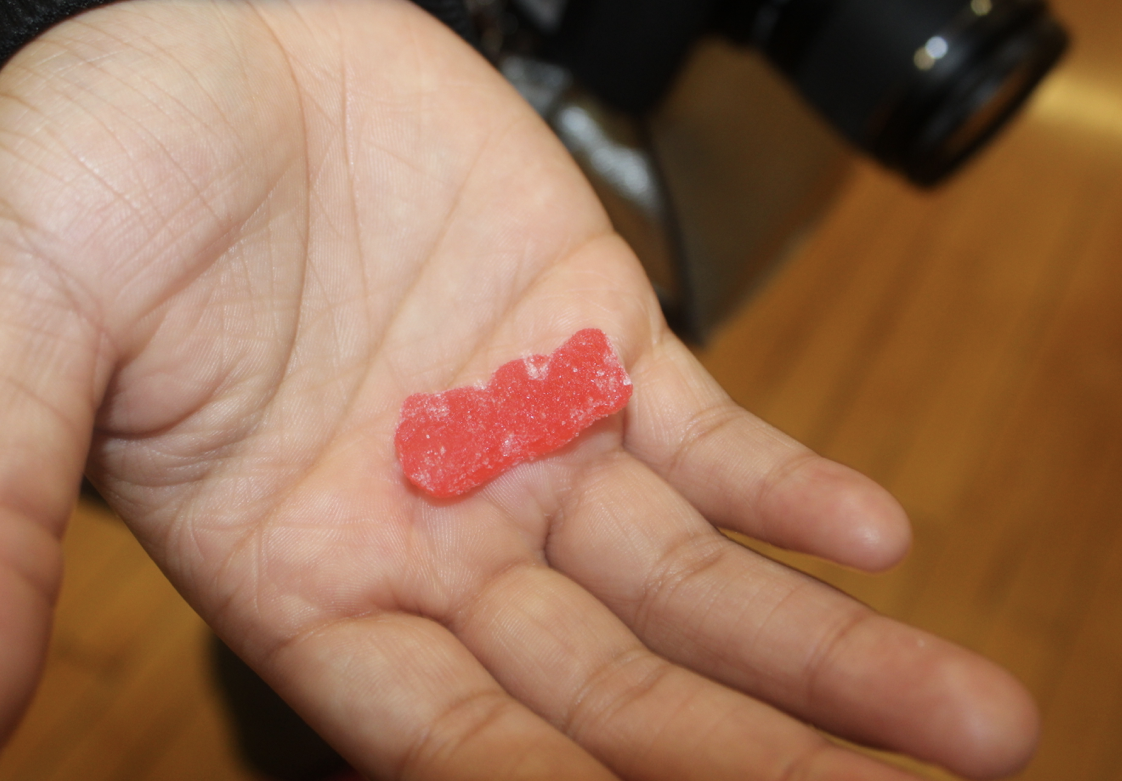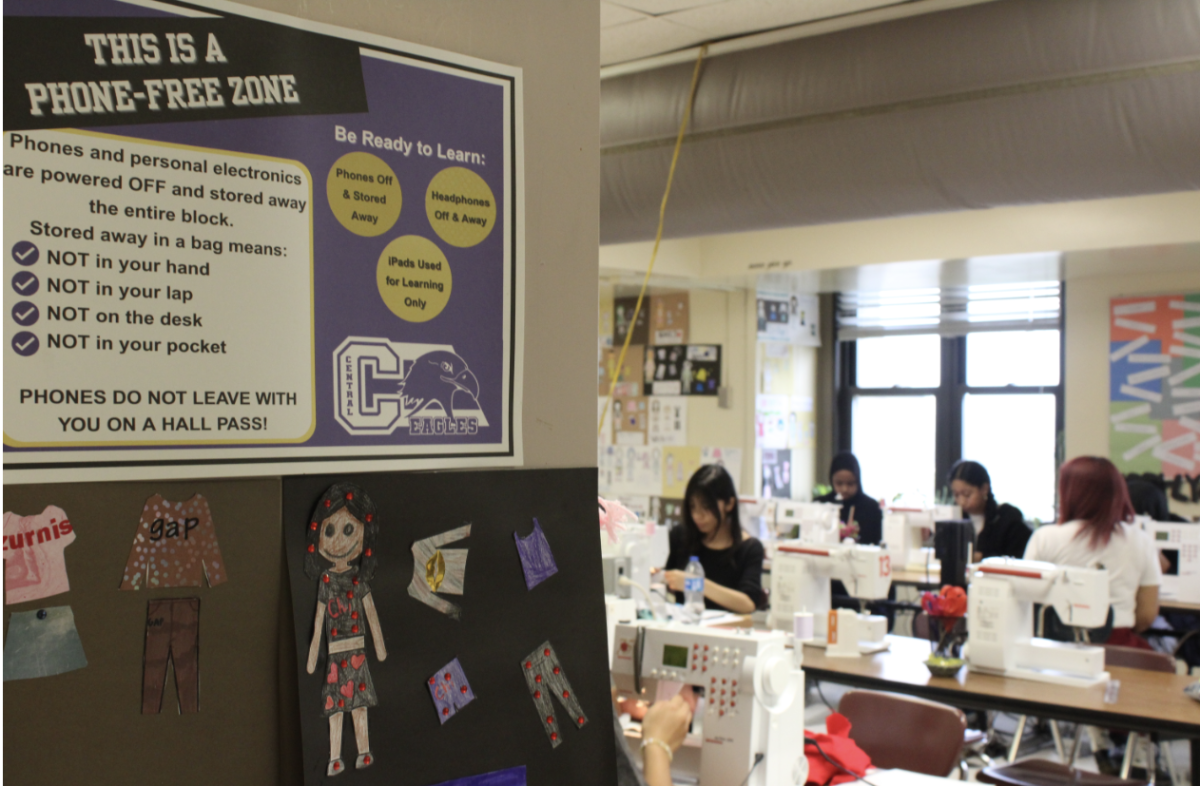This column was adapted from an AP Language and Composition assignment.
At 15, freshman year, is when I got my first job as a hostess. I wore this job title like a badge of honor, something I could be proud of that I did all by myself. After a few months, I ascended to the rank of to-go server, something I still do proudly.
According to the Bureau of Labor Statistics, one in three food service workers in the country are foreign born, and about 12% of all food prep workers are undocumented. In recent years, an increasing number of restaurant owners have begun posting signs reminding Immigration and Customs Enforcement that they can refuse their entry on Fourth Amendment bases. The president has vowed over and over to initiate “the largest domestic deportation operation in American history.” Since President Donald Trump took office for the second time on Jan. 20, deportations have begun.
When I started as a to-go server, I began getting comfortable with all those who work in the “back of house”- cooks, dish washers and servers. The servers — all above 19 — welcomed me with open arms, treating me as one of their own. I thought I was so incredibly cool; 15, sophomore in high school, friends with college kids. I loved my new job!
As I began working more on to-gos, I started interacting with the true backbone of the kitchen industry, the kitchen staff.
The line in a restaurant kitchen is magical to watch. The embers from the grill crackling and popping, the sounds of sauté pans scraping against the metal stove, that slam of a microwave door, the thuds of plates as they slam against the counter ready for their destination, and the undeniable clamor of jumbled Spanish as the kitchen communicates.
The overwhelming majority of the line cooks I work with are Latino, most notably Guatemalan. Before I started at Central and at my job, I could count the number of immigrants I knew on one hand. To my benefit, that has changed.
A few days after the election, I was talking to my salad expo (expeditor), who makes sure every salad is correct before sending it out, and the salad-maker said, “Grace tendrá que hacer las ensaladas cuando yo no esté.” My expo translated, as he often does, “Grace will have to make the salads when I’m gone,” he said laughing with her. He explained that he thought 90% of the kitchen was undocumented, and while I have no way to verify if this is fact, there is an undeniable sense of fear throughout the stainless-steel cookery.
There had been rumors, of course, since I started that some of the kitchen staff were undocumented and used fake social security numbers, but that one off-handed comment solidified it for me. I had gotten to know these people, met their family, and chatted with them when it was slow, although chatted is generous, it was more hand and facial gestures. Even then, I have considered every moment an honor.
In the words of my personal hero, Anthony Bourdain, from a 2014 Tumblr post, because no one can ever say it better than him, “As any chef will tell you, our entire service economy — the restaurant business as we know it—in most American cities, would collapse overnight without Mexican workers. Some, of course, like to claim that Mexicans are “stealing American jobs.” But in two decades as a chef and employer, I never had ONE American kid walk in my door and apply for a dishwashing job, a porter’s position- or even a job as a prep cook. Mexicans do much of the work in this country that Americans, probably, simply won’t do.”
The environment I have worked in has changed me in the most important ways. I am more communicative, more sociable and more compassionate. I understand the value of getting to know people from all different walks of life and corners of the planet. Everyone should work in the restaurant industry, so hopefully, all of America can adopt these same values and make our beloved land a home for all.
























